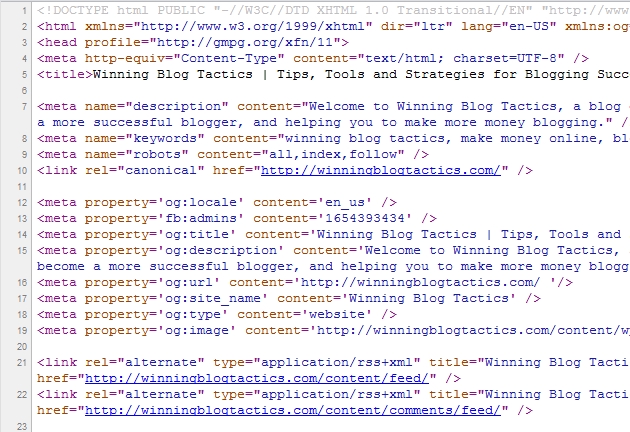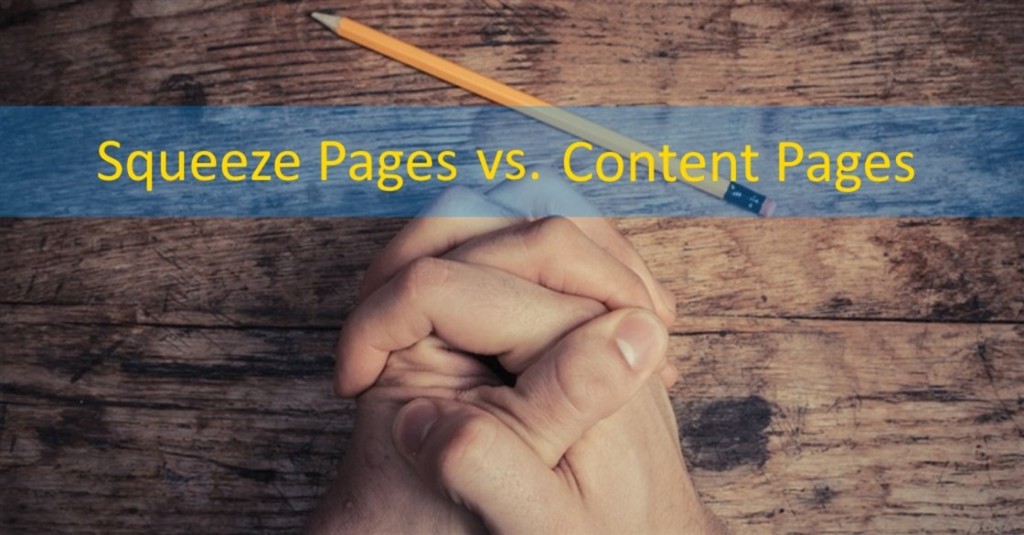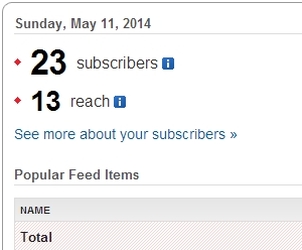 Note: This article is a training article for the Winning Blog Tactics Member Center, and is not intended to be core training on SEO.
Note: This article is a training article for the Winning Blog Tactics Member Center, and is not intended to be core training on SEO.
The Meta Title Tag (not to be confused with the Page Title), is what is displayed in the SERP (Search Engine Results Page) as the title of the page. If the meta title tag is not listed, search engines will use the page title tag instead.
For my own personal preference I don’t use the meta title tag and chose to optimize using the page title tag instead.
There are two considerations when choosing what to put for your tag. First (and probably most importantly), you have to consider what people will respond to when they see it. Secondly, you have to consider what keywords people search for.
You want your page to show up in the search engines, however you also want people to click and take action. Being too vague or “stuffing” keywords (that is using all keywords), will get you looked over and probably penalized by the search engines.
The best approach that works for me is to think about what people want instead of picking out keywords at random. To help put that into perspective put yourself in a potential customer’s shoes. If you were looking for your service or product, what would you click on? What would you search for?
If you noticed the title of my meta description you would see “Winning Blog Tactics |Â Tips, Tools and Strategies for Blogging Success,” because not only does it describe what I’m doing and what my site is about, but it conveys to the visitor that this is what they’ll find here.
I could have, for example, focused on specific strategies or dug deep into a niche, however from experience, I’ve received more visitor interaction from covering a more generalized topic than using a more specific on.
How long should your meta tag title be?
There is a whole list of articles on that subject, and sparing you the specific details of every single search engine, I both use and personally recommend a length of 60 to 70 characters and no longer. Some engines will display it all, others will cut off a word at the end, but as a pro tip, curiosity is a big factor in getting people to click and visit your site.
After a few split tests, (testing different pages for results), I’ve found that I receive more traffic when people click the link to find out just what that whole sentence read, and many of them end up staying on my site.
Curiosity is a powerful factor.
For more information on writing titles and headlines, please see the training under “My Articles” in the member center.



